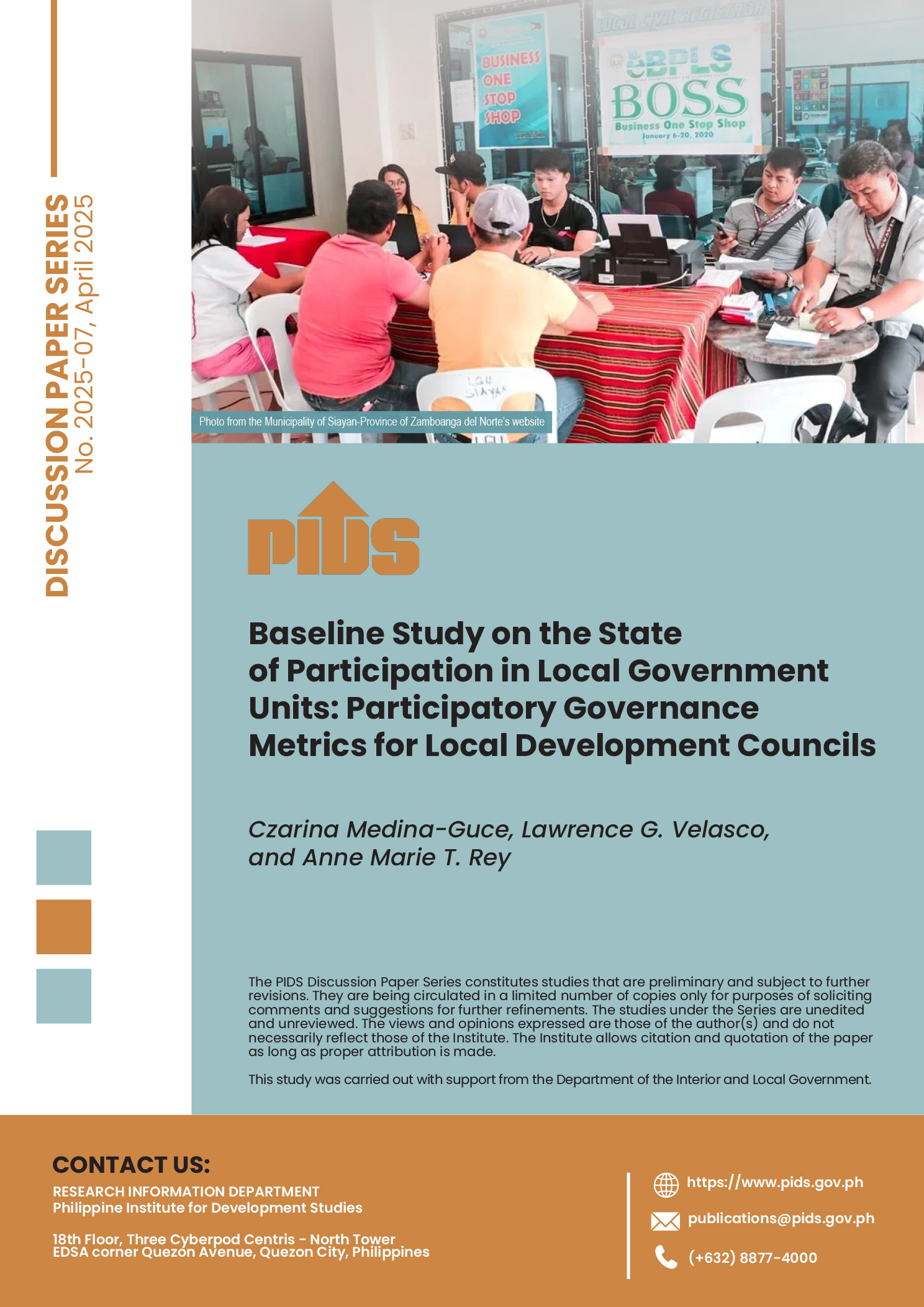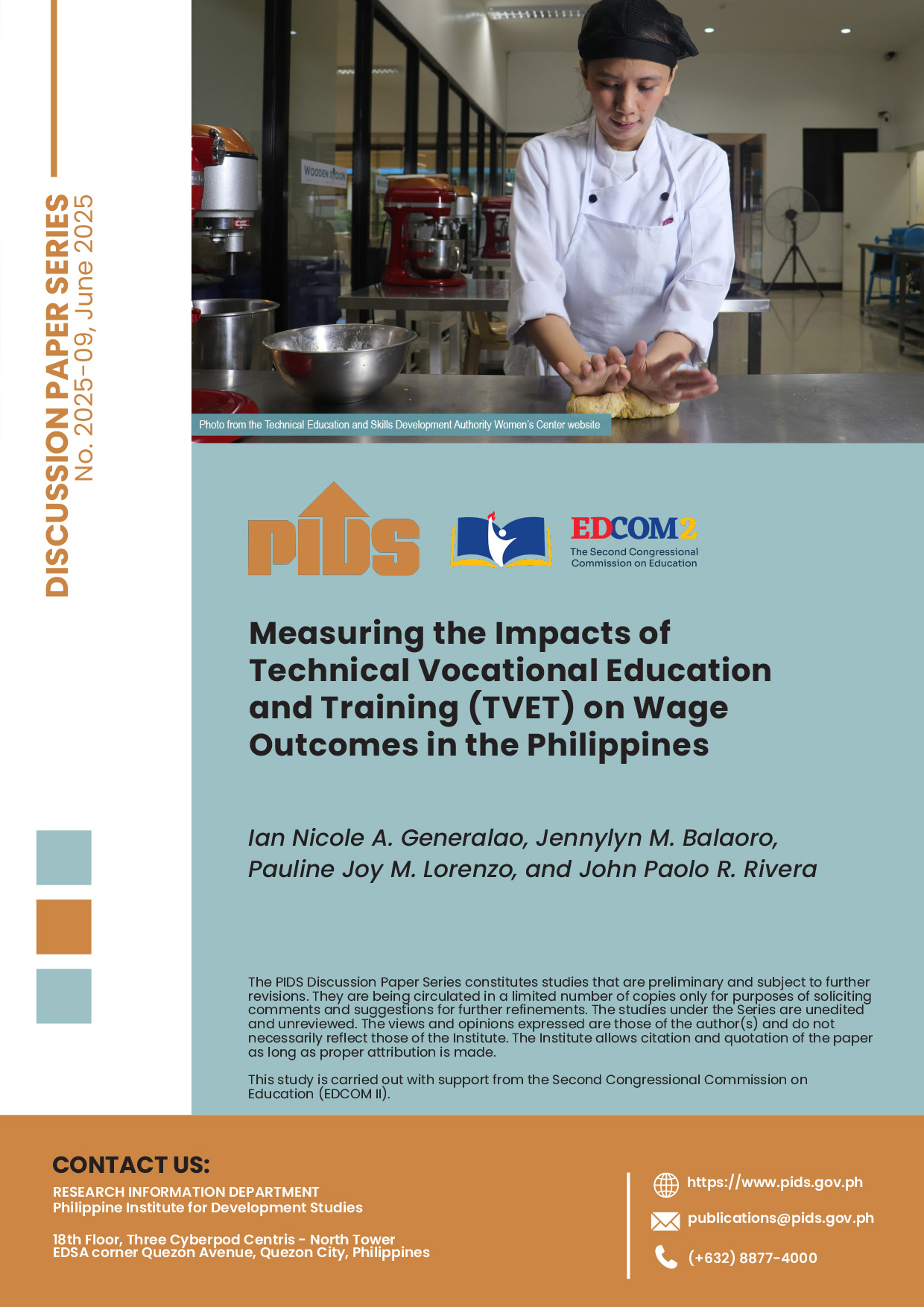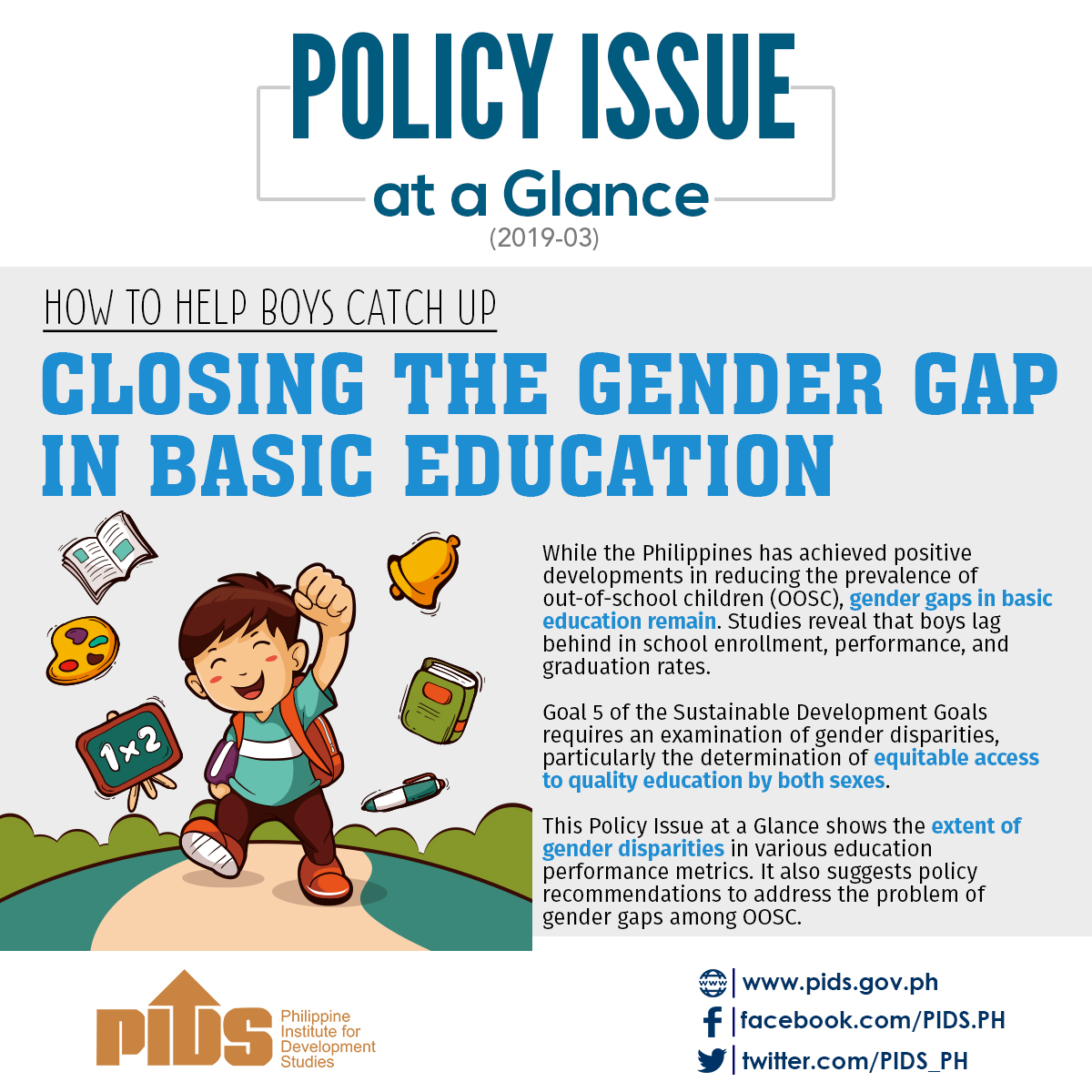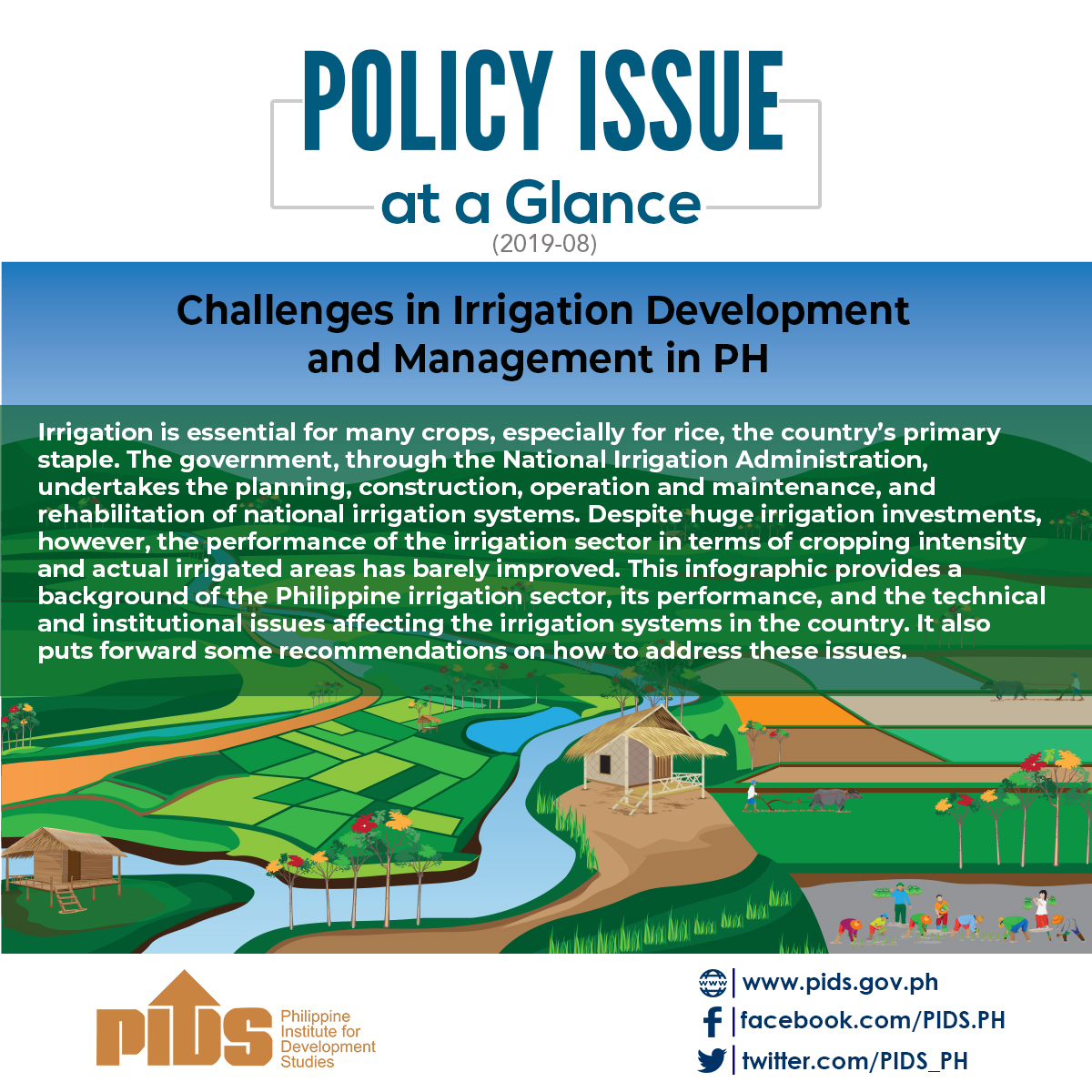INCREASING minimum wages reduces employment and brings more people into poverty, the Philippine Institute of Development Studies (PIDS) said.
"Raising the minimum wage reduced employment in smaller firms -- a result that is instructive for the Philippines considering that more than 99% of the total number of firms in the country are micro, small, and medium enterprises,” the Institute said in its 2013 Economic Policy Monitor.
Rapid minimum wage increases also caused lower household income and a higher probability of poverty, the study said.
"Minimum wages significantly reduce the probability of employment of teenagers, the young, the women, and the less educated,” the study added.
The study recommended a 12-point agenda, the Jobs Expansion and Development Initiative (JEDI), which among other things calls for:
- Simplifying labor-dispute resolution to cut "time, cost, inconvenience, and uncertainty”;
- Making the rules on hiring and firing more flexible, leaving firms and workers to work out mutually beneficial agreements;
- Minimizing labor regulations "detrimental to... the poor and other disadvantaged populations”; and
- Encouraging firms to hire "low-skilled and poor” workers.
The JEDI aims to expand gainful jobs by speeding up "labor-intensive production, particularly the manufacturing of tradable commodities; and to improve investments in education and other human-capital development and sustain total factor productivity gains.”
The study recommends better education, increased labor-intensive manufacturing, and greater opportunities for on-the-job training, as well as strengthening social protection programs to help the poor meet their needs.
"Such an approach will be both efficient and equitable, conforming to the general principle of public economics that a public good should be financed by general tax revenues,” the study said. --












